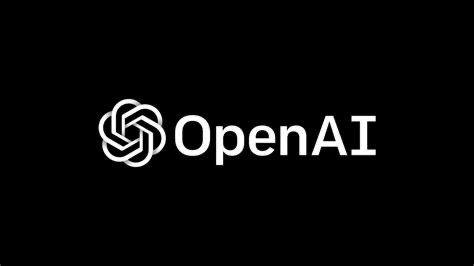I. Introduction: The AI Privacy Storm
The tech industry is currently in the eye of a storm, with OpenAI and Microsoft at the center of a class-action lawsuit. The case seeks a staggering $3 billion in damages for alleged ChatGPT privacy violations. This article aims to shed light on the lawsuit’s details and its implications for data privacy in the rapidly evolving age of artificial intelligence.
II. The Allegations: Data Scraping and Privacy Violations
The lawsuit alleges that OpenAI engaged in covert data scraping, amassing an enormous 300 billion words from the internet without proper registration or consent. Microsoft, OpenAI’s main customer and corporate partner, is also implicated in this alleged data privacy violation. The case draws parallels with the Clearview AI case, another AI firm that faced legal action for scraping people’s information from the internet without explicit consent. This comparison underscores the growing concerns about data privacy in the AI industry.
III. Impacted AI Tools: The Role of Language Models
The lawsuit specifically mentions popular AI tools developed by OpenAI and used by Microsoft. These include language models GPT 3.5 and 4.0, image model Dall-E, and text-to-speech model Vall-E. The plaintiffs argue that their personal data was used without consent to train these AI models, raising serious questions about the ethical development of AI technology.
IV. Stolen Personal Data: A Breach of Trust?
The lawsuit alleges that OpenAI stole a wide range of personal data, including names, contact details, email addresses, payment information, social media information, chat log data, usage data, analytics, and cookies. This alleged data theft has raised serious concerns about internet users’ privacy and security, highlighting the need for stringent data privacy measures in AI technology.
V. Lawsuit Demands: A Call for Transparency and Ethics
The lawsuit demands that OpenAI and Microsoft stop violating people’s privacy and take additional steps to ensure data protection. These steps include disclosing what data is being collected and how it is being used, following a code of ethical principles, compensating plaintiffs for their stolen data, and giving internet users the right to opt out of any data collection. This call for transparency and ethics in AI development is a significant step towards safeguarding personal data.
VI. Previous Lawsuit and Scrutiny: A Pattern of Controversy?
This is not the first time OpenAI and Microsoft have faced legal action. In November, GitHub programmers sued the companies, alleging that GitHub Copilot, an AI coding tool owned by Microsoft, violated their open-source licenses and used their code for training without their permission. This previous lawsuit and the ongoing scrutiny of OpenAI’s training methods and dataset underscore the need for transparency in AI development.
VII. Existential Threat of AI: A Call for Regulation
The lawsuit also highlights the potential “existential threat” of AI without “immediate legal intervention.” It references recent calls to action from notable figures, including Elon Musk, who have asked to either pause or regulate the proliferation of AI systems. These calls for regulation underscore the urgency of addressing the legal and ethical questions surrounding AI.
VIII. Conclusion: The Future of AI and Data Privacy
The OpenAI and Microsoft lawsuit serves as a stark reminder of the urgent need for privacy protection in AI development. As AI continues to evolve, it is crucial to ensure a safe and just AI future for all. The lawsuit serves as a wake-up call for the tech industry, highlighting the need for ethical AI development and stringent data privacy measures.
For more information on AI and data privacy, visit [whalecointalk.com](http://whalecointalk.com). To learn more about OpenAI’s work, visit [openai.com](http://openai.com).












